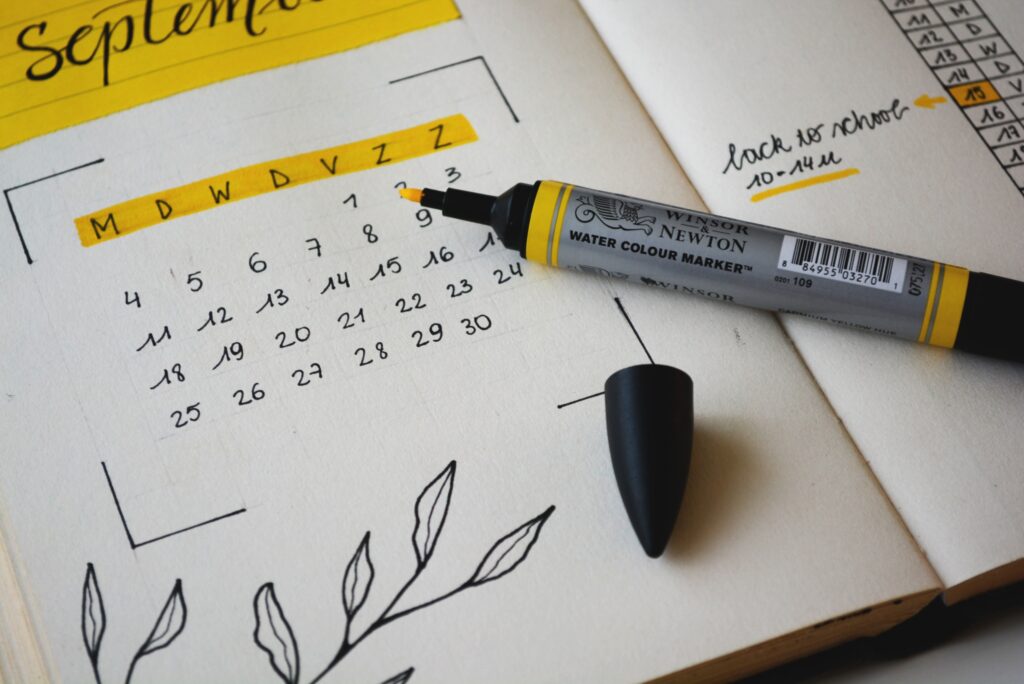In today’s state of life, every task has a few extra steps in attempts to keep us safe from the perils of Covid-19. When it comes to buying and selling a home during the pandemic it is important to keep several things in mind.
Technology and good-old-fashioned creativity are helping agents, buyers, and sellers abide by COVID-19 health and safety practices while getting deals done.
Some buyers are touring houses virtually. Others visit in person while remaining at least six feet from their agent. Sellers are hosting open houses on Facebook Live. Appraisers are doing drive-by valuations. Buyers are watching inspections via video call. Masked and gloved notaries are getting signatures on doorsteps.
“We have had to make some adjustments, for sure,” says Brian K. Henson, a REALTOR® with Atlanta Fine Homes / Sotheby’s International Realty in Alpharetta, Ga. “Everyone is trying to minimize face-to-face interactions. There have been some delays, but mostly, deals are getting done, just with tweaks.”
Here is what you can expect if buying or selling a home during this pandemic.
Virtual Showings
Regulations regarding in-person showings vary by city, county, and state. Some states are allowing them and some have ban them. Therefore, it is important to check with your state, county, and local government to get the latest on business closures and shut-down rules.
Agents have conducted home tours via FaceTime and other similar tools for years. But these platforms have become invaluable for home buying and selling during the pandemic. Real estate sites report a surge in the creation of 3D home tours. Redfin, a real estate brokerage, saw a 494% increase in requests for video home tours in March 2020.
“I’ve done several FaceTime showings,” says Henson. He conducted virtual showings before COVID-19, too. He recently closed a deal on a home the buyers only saw on video, he says, but hasn’t yet done so during the pandemic.
In places where in-person showings are allowed, agents wipe down door handles, spray the lockbox with disinfectant, and open up the house, closets, everything for a client. “We leave all the lights on so no one touches switches, and we don’t touch cabinets or doors during showings,” Henson says.
Recommendations For Safe Showings
The NATIONAL ASSOCIATION OF REALTORS®, which produces HouseLogic, recommends only one buyer enter a home at a time, with 6 feet between each guest. NAR also recommends agents have potential buyers wash their hands, or use hand sanitizer when they come in the door. They should also remove their shoes. In addition, no children should be present at showings.
Changes to Down Payment Assistance
Many organizations have temporarily suspended offering down payment assistance to first-time home buyers or they have changed the rules. As a first time home buyer, you can check the status of programs in your area at the Down Payment Assistance Resource site.
Desktop, Drive-By Appraisals
Appraisers are essential workers in many areas, so home valuations are continuing. But often remotely. New, temporary rules from the Federal Housing Finance Authority allow drive-by and desktop appraisals for loans backed by the federal government.
In a desktop appraisal, the appraiser comes up with a home estimate based on tax records and multiple listing service information, without an in-person visit. For a drive-by, the appraiser only looks at the home’s exterior, in combination with a desktop appraisal. The Appraisal Foundation has put out guidelines for handling appraisals during the pandemic.
You can find more information on their website: https://www.appraisalfoundation.org/
On the other hand, some private lenders still require in-person appraisals, which are allowed even in areas with shutdown orders. Private lenders hold about 35% of first-lien mortgages, according to the Urban Institute.
When appraisers come to your home, they should adhere to CDC guidelines, including wearing gloves and a face mask, keeping at least 6 feet apart from anyone in the home, and asking if the homeowners have been sick or traveled recently to a COVID-19 hotspot.
Inspections Via Live Video
Inspectors are now often working alone, no buyers in tow, and using hand sanitizer and alcohol wipes. The National Association of Certified Home Inspectors advises inspectors to videotape their inspection so clients can watch it at home later, or to use FaceTime or other live video chat apps to take their clients along on the inspection, virtually. They can also call clients with their findings after they’re done.
The American Society of Home Inspectors has also issued guidelines for inspectors so they keep themselves and the homeowners safe while providing an accurate assessment of a home’s condition.
Mortgage Rates and Locks
With mortgage rates fluctuating quickly and closing times taking longer than usual, some lenders are extending mortgage rate lock periods. You can grab a good rate and hang on to it even if your lender takes longer than usual to process your loan.
But the protocol depends on the lender and the loan. Some lenders are offering this for all loans; others only for refi’s. Check with your lender about its policy.
Employment Verification
An important step in getting a mortgage is proving the borrower has a job. In pre-coronavirus days, lenders called the borrower’s employer for a verbal verification. The Federal Housing Finance Authority, which oversees Fannie Mae, Freddie Mac, and federal home loan banks, has relaxed the rules for loans backed by the federal government because so many businesses are closed.
Lenders for federally backed loans now accept an email from an employer, a recent year-to-date paystub, or a bank statement showing a recent payroll deposit as proof of employment.’
Walk-throughs
Home buying and selling during the pandemic means real estate agents can conduct the final walk-through via video with their clients. Or they can just open the home and have buyers walk through on their own. Henson says he still accompanies his clients, but stays six feet away and has them wash their hands when entering and exiting the house. Everyone’s wearing masks, too.
And, of course, when the buyers take possession, they should disinfect prior to moving in.
Remote Notarization – Dependent on Location
About one-half of states have permanent Remote Online Notarization (RON) policies. These allow a notary and signer in different locations to sign electronic document, usually by use of video apps like Zoom or FaceTime. Notaries will watch you sign either a paper document or do an electronic signature on an e-doc, via camera.
Some states have rolled out temporary rules allowing RON. The number of states allowing remote notarization could grow as federal and state pandemic legislation expands.
Closings With A Twist
Traditional closings, where everybody gathered around a big table to sign the final papers, are no longer possible. Title companies and banks are getting super creative in dealing with the limitations.
A Minnesota company, Legacy Title, rolled out a drive-thru closing service at one of its offices in an old bank branch building. The title company rep sits in a bank teller window and handles the closing papers while the customer sits in their car. Legacy completed 14 closings in the first week it offered drive-thru service.
Then there are drive-by closings, where the entire transaction takes place in cars. Masked and gloved notaries meet buyers in parking lots and pass documents through car windows.
TIP: Find out if your county recording office can complete the deal online.
Student Loan Relief
Finally, if you’re also trying to swing your student loan payments, know that federal student loan borrowers get an automatic six-month break in loan payments from April 10, 2020, through Sept. 3, 2020. Thanks to the Coronavirus Aid, Relief and Economic Security (CARES) Act, they also won’t be charged a dime of interest in that time.
Learn more at the Consumer Finance Protection Bureau’s site: https://www.consumerfinance.gov/
Keep in mind that payment suspension only applies to federal loans owned by the Department of Education. Some help may be available to borrowers with private student loans and other loans (like Perkins Loans and Federal Family Education Loans) that aren’t covered. Reach out to your student loan servicer for information.
Should You Buy or Sell?
As a home buyer or home owner, the decision to buy or sell is a big decision. It is an even bigger decision with the addition of a pandemic. The real estate industry is creatively and safely responding to the situation, and mortgage rates remain low. Your agent is a great source of information about home buying and selling during the pandemic to help you feel comfortable. But, ultimately, it’s a question only you can answer.
Originally written by: Leanne Potts.
Have you bought or sold a home during the pandemic? What is your experience? We would love to hear from you, comment below!







